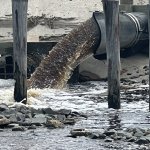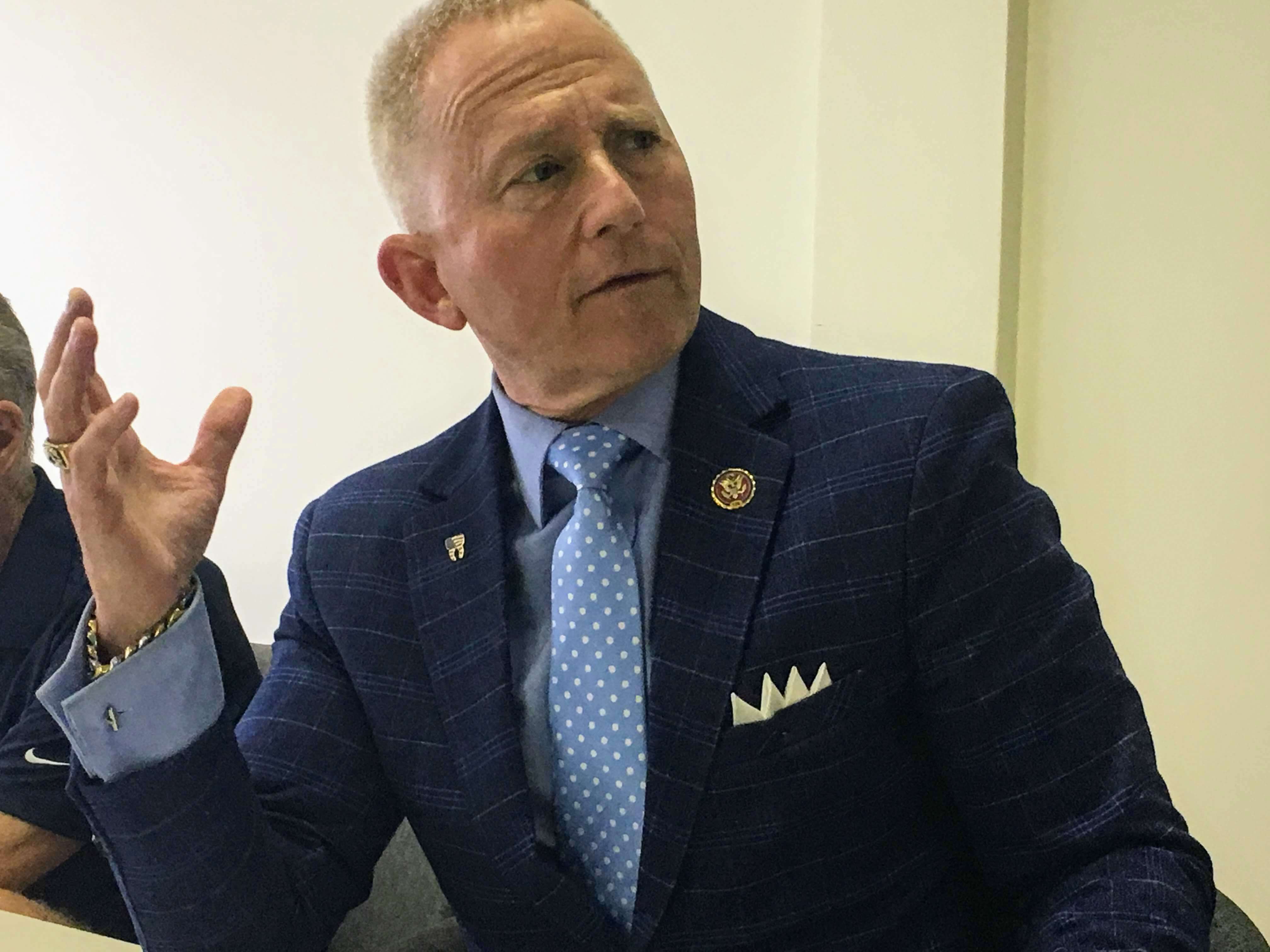TRENTON – The New Jersey Board of Public Utilities (NJBPU) issued a preliminary report on the “decarbonization” of homes and businesses June 7.
A vote on the controversial proposal was pulled from the NJBPU agenda at its July 12 meeting, the only scheduled meeting of the board in July.
The NJBPU “straw proposal” would create “Building Decarbonization Start-up programs (‘BD Programs’) that achieve emissions reductions primarily by fuel-switching of space heating and water heating from fossil fuels to electric heat pumps.”
In February, Gov. Phil Murphy set a goal of electrifying 10% of the state’s new and existing residential and commercial buildings by 2030.
In a February speech at Rutgers University, Murphy asserted that 90% of homes and 80% of businesses are heated by fossil fuels. With buildings as one of the big three areas of fossil fuel usage, the others being transportation and electric generation, electrification was identified in the 2019 New Jersey Energy Master Plan for dealing with building usage.
Opponents of the measure, including Republican legislators and the state Division of the Rate Council have labeled the effort an overreach of the NJBPU’s authority.
Sen. Michael Testa (R-1st) said in a release, “The (NJ)BPU doesn’t have the legal authority to use its regulatory powers to set environmental policy for the state.”
A NJBPU release states, “The Building Decarbonization Start Up programs proposal, part of the package released, is aimed at meaningfully addressing carbon emissions through the building sector, the state’s second largest emissions contributor.”
NJBPU President Joseph L. Fiordaliso called the proposal “an important step to work with utilities to measure and consider both energy savings and building emissions.”
A representative of the New Jersey Propane Gas Association opposed the proposal, saying only the Legislature has the power to engage in this level of regulation.
Opponents also spoke on the high cost associated with retrofitting homes and the impact the proposal will have on electricity rates.
Another evident concern is the strain that the electrification policy would put on what some term a “fragile” electric grid.
The June 7 strawman proposal itself takes issue with those who question the authority of the NJBPU in this regard.
In its introduction, the proposal states, “In its role as the regulator of electric and natural gas utilities, NJBPU may more directly influence operational CO2 emissions reduction.”
When the item was pulled from the NJBPU agenda July 12, the board gave no date when it might come up for a vote.
The next meeting of the NJBPU is Aug. 16. The meetings are usually at 10 a.m. and are open to remote public view on the board’s YouTube channel through a link on the NJBPU website.
Contact the author, Vince Conti, at vconti@cmcherald.com.








